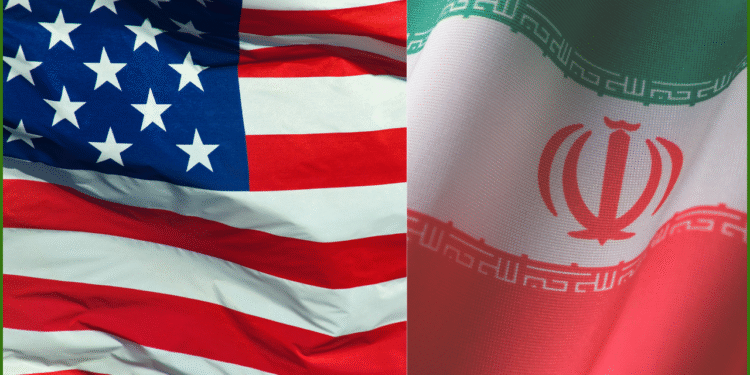Tehran, May 19, 2025 – Iran has firmly rejected U.S. demands to halt all uranium enrichment activities, warning that such a condition would derail ongoing nuclear negotiations. Deputy Foreign Minister Majid Takhtravanchi, speaking to state media on Monday, emphasized that Iran’s enrichment program is a non-negotiable “national achievement” and a cornerstone of its peaceful nuclear energy ambitions.
The U.S., represented by special envoy Steve Witkoff, has maintained that any new agreement must include a complete cessation of Iran’s enrichment activities, citing concerns that enriched uranium could be used to develop nuclear weapons. Iran, however, insists its nuclear program is solely for civilian purposes, such as energy production and medical research.
“Our stance on enrichment is unwavering,” Takhtravanchi said. “We will not abandon our sovereign right to advance our peaceful nuclear capabilities.”
The remarks come as a fifth round of talks between Iran and the U.S. is tentatively scheduled for this weekend in Rome, though Iranian officials noted that the meeting is still awaiting final confirmation. Tensions have been heightened by what Iran describes as inconsistent messaging from Washington. Foreign Ministry spokesperson Esmail Baghaei accused the U.S. of making public statements that contradict private discussions, complicating the negotiation process.
“Despite these mixed signals, we remain committed to the talks,” Baghaei said. “But progress depends on mutual respect and realistic expectations.”
The current negotiations follow a turbulent history. During his first term (2017–2021), U.S. President Donald Trump withdrew from the 2015 Joint Comprehensive Plan of Action (JCPOA), a landmark agreement that had imposed strict limits on Iran’s nuclear activities in exchange for sanctions relief. Trump, who called the deal “flawed” and overly favorable to Iran, reimposed harsh sanctions, prompting Tehran to ramp up its enrichment efforts in response.
Last week, while visiting Gulf nations, Trump expressed optimism about reaching a new deal, urging Iran to act swiftly to resolve the decades-long dispute. However, Iran’s leadership appears skeptical, with officials signaling that any agreement must preserve their right to enrich uranium at levels necessary for civilian use.
Analysts suggest that the zero-enrichment demand from the U.S. could be a sticking point, as Iran’s enrichment program has become a symbol of national pride and technological independence. The Islamic Republic has repeatedly stated it is open to inspections and transparency measures but will not accept blanket restrictions on its nuclear activities.
As the Rome talks approach, the international community is watching closely. A failure to bridge the gap between the U.S. and Iran could escalate tensions in the Middle East, while a breakthrough might pave the way for broader diplomatic engagement and economic relief for Iran.

















































